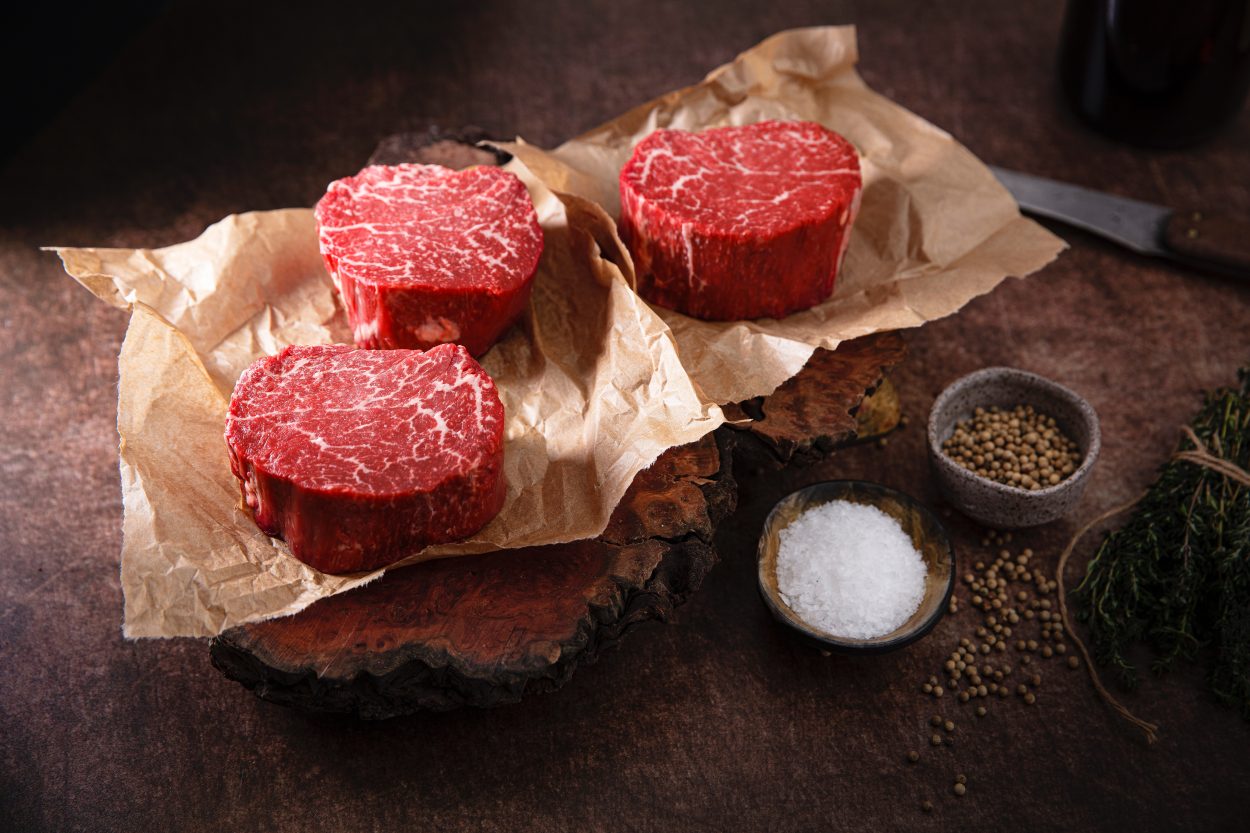Short Answer: Coffee does contain arginine. But when coffee beans are roasted, the arginine levels are diminished completely.
People around the world enjoy coffee. It has become an essential part of our everyday ritual. With our busy schedules, coffee helps us to get that instant jolt of energy that is required to get through the day.
There’re so many flavors, tastes, and ways of making coffee that you can’t even wrap your head around them. But what about arginine? Does coffee have this essential protein? Maybe it’s helpful or maybe it’s damaging?
In this article, let’s discuss whether coffee is high in arginine or not.
Does Coffee Have Arginine?

Raw coffee which is green coffee beans naturally contains arginine. But when the raw coffee gets roasted, the arginine levels are decreased.
Ever wondered what your delicious morning cuppa actually contains? Generally, coffee contains a lot of goodies but what about arginine? Let first clear what arginine actually is.
L-arginine is a protein or amino acid that is organically available in meats, seafood, dairy, and poultry. It is very vital for the circulation of the blood in your body. Our bodies convert arginine into a chemical called nitric oxide.
This then helps to increase the blood flow by inflating blood vessels for better blood circulation. Now with that out of the way, let’s find out whether coffee has arginine or not.
Coffee in its raw form contains arginine. It also contains chlorogenic acid, cellulose, and sucrose which all get reduced after 4 mins of roasting at 240 degrees Celsius. So, the roasted coffee that you get contains no amount of arginine.
What Does Arginine Do In Your Body?
Arginine is an amino acid that is used by our body for various purposes. This is used to build protein in our body, heal wounds, remove wastes from kidneys, and dilate blood vessels for better blood flow. This is also used in medication for heart-related issues, blood flow issues, and erectile dysfunction.
Our body needs a lot of things to run throughout the day. Like proteins, carbohydrates, sugars, etc. But these are needed in large quantities like arginine.
Though our body produces most of its arginine itself, you can also find it in other foods. But what does arginine do?
Arginine or L-arginine is an amino acid that is a protein that is used by our body for various purposes. It helps our body to build protein which is crucial in repairing the wear and tear of the body. And arginine opens up the blood vessels which helps remove any blockages in the vessels.
This then inevitably helps with a better flow of blood all around the body. It also removes the waste from the kidneys.

Moreover, it is also used orally in many medications to treat many health conditions which include:
- Angina – Expert found that arginine helps relieve mild to severe chest pain in this condition while aiding in improving blood flow.
- Hypertension – Oral arginine can help lower down high blood pressure in hypertensive patients.
- Pregnancy – High blood pressure in pregnancy is very dangerous for the fetus. This can lead to effect the health of the baby and the mother and can also lead to miscarriages. So, women who are facing high blood pressure consume arginine orally as its helps to lower the blood pressure.
- Erectile Dysfunction – Sexual function can improve in men by taking arginine orally.
- PAD (peripheral arterial disease) – Oral arginine or taken by infusion can help improve the blood flow of patients with this condition.
With that being said arginine is not good for people who have;
- Recent heart attack
- Allergies
- Asthma
- Herpes
- Cold sores
You can also have a look at this video here.
Does Caffeine Affect L-Arginine?
The caffeine from the coffee increases the arginine that is used in our brain to function normally. Thus, it increases the production of nitric oxide which is used by our bodies.
The coffee that we drink every day contains caffeine. Caffeine is one of the most active and potent compounds of coffee. As you might already know, caffeine helps in giving you that instant boost of energy.
Caffeine also elevates your mood immediately. But one noticeable effect of caffeine is on our central nervous system. It directly enters our nervous system and helps in many ways.
Like preventing many neurodegenerative disorders like Alzheimer’s and Dementia. It releases the happy juice which is dopamine. Caffeine also reduces anxiety levels and overall depression. So, this shows that coffee impacts our brain function quite a lot. In fact, I wrote an entire article on it and you can check it out here.
But how does coffee affect l-arginine?
You see, l-arginine is used by our body mainly for blood circulation, and it has been studied that in the presence of caffeine arginine increases. Therefore, caffeine affects l-arginine positively in our bodies.
Does Coffee Increase Nitric Oxide?
The caffeine in the coffee increases the production of nitric oxide which is made by metabolizing l-arginine.
By drinking coffee regularly, you are safeguarded from many diseases like liver cancer. How cool, right? You also get to have tons of antioxidants in your body which help eradicate harmful toxins from your body.
With that being said, coffee helps in increasing the production of nitric oxide. The caffeine from the coffee helps in the metabolism of arginine which converts into the chemical called nitric oxide. Studies done on rats found out that coffee drinking produces more nitric in the brain.
Another study done on mice who had seizures also had similar results. They too found out that caffeine from the coffee helps in producing more nitric oxide in the body.
Foods High In Arginine
There are many food highs in arginine like beef, chicken, turkey, dairy, and nuts.
Arginine is used by our body to carry out an important function. Most of the need for arginine is produced by our bodies themselves. But foods do contain arginine which can help us get more arginine if our bodies are lacking.
Keep in mind our body needs about 2 to 3 grams of arginine in a day. Though this can be higher or lower according to the person’s activity and health, this is the common dose.

The first food that contains arginine is beef. Generally, red meats contain tons of arginine in them. So be sure to eat a good amount of beef in your diet to obtain arginine.
Then chicken and turkey are also a really good source of arginine if you are looking to incorporate it into your diet. Plus, if you use dairy like milk cheese, and yogurt you will also get vitamins and minerals that are much needed by our body to keep it healthy.
Lastly, nuts like pecans, almonds, and walnuts are high in arginine. So, a handful of these won’t harm anyone.
Here is the table of food high in arginine with the arginine level and quantity.
| Foods | Quantity | Arginine Amount |
| Beef | 1 pound | 4.131 grams |
| Chicken | 1 cup | 2.7 grams |
| Turkey | 1 breast | 16.2 grams |
| Milk | 1 cup | 0.2 grams |
| Cheddar Cheese | 4 ounce | 0.25 grams |
| Walnuts | 1 cup | 4.52 grams |
| Almonds | 1 cup | 3.25 grams |
Final Thoughts
Coffee contains a plethora of goodies for us humans. But one such needed nutrient is arginine. It’s a protein that helps our body carry out many important functions. Though raw coffee contains arginine, when roasted, the coffee beans deplete in arginine levels. So in conclusion, coffee isn’t high in arginine.
But the good bit is that it helps increase the nitric oxide. When arginine converts into chemicals, it turns into nitric oxide which is used by our body for improved blood circulation. Though our body produces it on its own we can consume it from foods like beef and chicken and even nuts. So, don’t be worried, coffee is not high in arginine.


